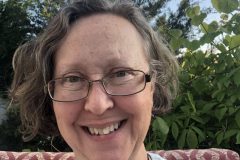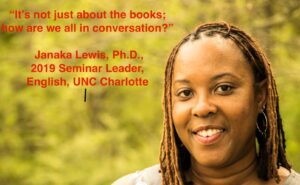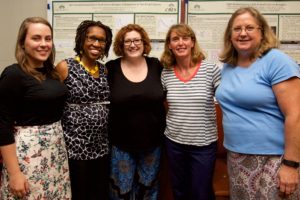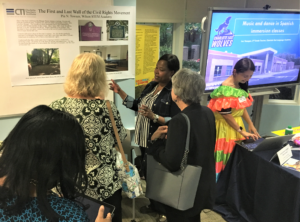Todd Coolbaugh, Chemistry, Johnson C. Smith University
This seminar will explore (figuratively and, perhaps, literally) the state of Mecklenburg County’s 3,000 miles of creeks and the effect urbanization has had on them. The Seminar Leader, long a resident of rural New York and Virginia, was inspired to pursue a science career in part by the many hours spent in and around streams and rivers and would like to engage Fellows in a discourse about Charlotte’s often overlooked urban waterways. Discussion topics to be covered will include the Environmental Protection Agency’s Impaired Waterway designations of local waterways, indicators of water quality including the use of simple chemical and biological methods (e.g. healthy streams have healthy bugs) as measures of waterway health. These discussions will involve hands-on activities, including visits to local waterways (Irwin Creek forms one boundary of the JCSU campus). One significant goal is to introduce Fellows to the concept of Citizen Science as a means of engaging teachers, students and the community with water quality and to promote long term engagement by showing Fellows sound water sampling practices. Fellows will also be introduced to research at JCSU centered on using environmentally sustainable cellulose nanomaterials as possible solutions to urban storm water issues such as excessive turbidity, or “muddiness,” caused by clay particles. Other topics will be considered based on Fellows’ interests and needs. Additional activities may include devising a simple physical model (streams-in-a-box) to demonstrate the effects of impervious surfaces on urban storm runoff and to illustrate urban stream syndrome. The Seminar Leader also has an interest in exploring the economic development history and environmental justice issues revolving around EPA superfund and brownfield sites in Mecklenburg County or particular neighborhoods.
Seminar Participants:




















 Home
Home